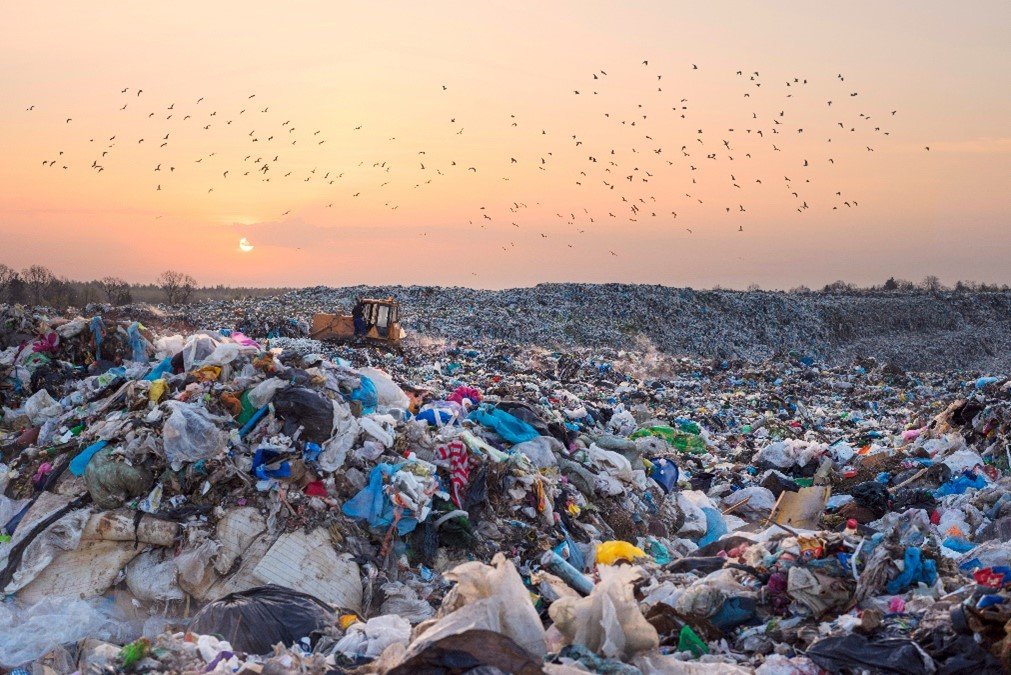Effects of increased economic activity on our fight with climate change
Key Concepts
Before getting into the actual topic of the headline, we have to take a step back and put into perspective what the terminologies in the heading mean. Climate change is a description of global warming, the rise in the average temperatures of the earth, which harms the entire climate system of the earth and the environment as a whole. Negative externalities and third-party costs are economic instances in which parties not involved in the actual economic transactions or activities bear a large part of the cost incurred from the particular economic activities. It has often been said that an increase in business investment and economic activities of the sort, in general, tend to be the root cause of climate change issues that cause unwanted negative externalities and third-party costs. Today, we will go much further in depth and look at how increased economic activity ends up causing environmental costs.
How does plastic waste affect climate
It is not so much the plastic production causing all sorts of problems for our environment, as much as its waste. Significant rates of plastic waste cause plastic pollution, which causes deviations in the natural process and the habitat in general, significantly reducing the Econ system's ability to adapt to those climate changes. Some of the third-party costs and negative externalities incurred from plastic waste can be seen in the altered methods of food production, air conditions, and changing hormone activity, to name a few. This causes further societal problems, such as constraints on healthcare institutions. In the midst of these issues, the companies that are very much plastic-intensive as far as their production is concerned have the burden of either significantly reducing or altering their use of plastic or switching to a whole new source of production.
The Problem
For plastic-reliant firms, managing the supply of plastic to try to remain as environmentally friendly producing companies as possible has been an especially difficult task, with a significant opportunity cost known as "profit margins" facing those companies. According to ecowatch.com, 20 of the highest plastic-wasting companies dependent on plastic as a production source has collectively produced 55% of all single-use plastic waste. Those firms alone are responsible for a plastic waste footprint equaling over half of the 130 million metric tons new of single-use plastic waste thrown away in 2019. Those figures are concerning, to say the least, and raise the question of how environmentally sustainable it is to use plastic as the primary source of production, and at what point do these same firms decide that it is time to move towards a more environmentally friendly method of production? According to research by the WWF organization, the societal cost of plastic produced by large companies amounted to 3.7 trillion US dollars in 2019 alone. That is more than the entire GDP of India's worth of societal and environmental costs accumulated in 12 months. As worrying as the dependence on plastic as means of production for large corporations, as well as their reluctance towards switching to a more environmentally friendly way of production, it must be mentioned that we - the general public - are not without fault in this issue too. No one can say that we cannot be doing more and making greater efforts to keep the waste away from the streets we walk.
Possible Solutions
Fortunately, more and more large corporations are now recognizing the damages that such excessive use of plastic causes and are gradually moving towards more sustainable production methods. For example, Coca-Cola is constantly attempting to evolve their packagings and bottled beverages by using recyclable plastic to decrease waste. Governments worldwide are introducing taxable plastic and pollution permits to encourage producers to reuse recycled plastic instead of investing in producing more, which runs the risk of increasing the total waste in the long term. And to top this article off, the biggest burden is on us, the public, to ensure that plastic gets recycled instead of being thrown away as waste, to protect the environment and, even more importantly, the earth we all share. Spread the message, and recycle.
Written By Arsen Ashlayev | Proofread by Yasmin Uzykanova
